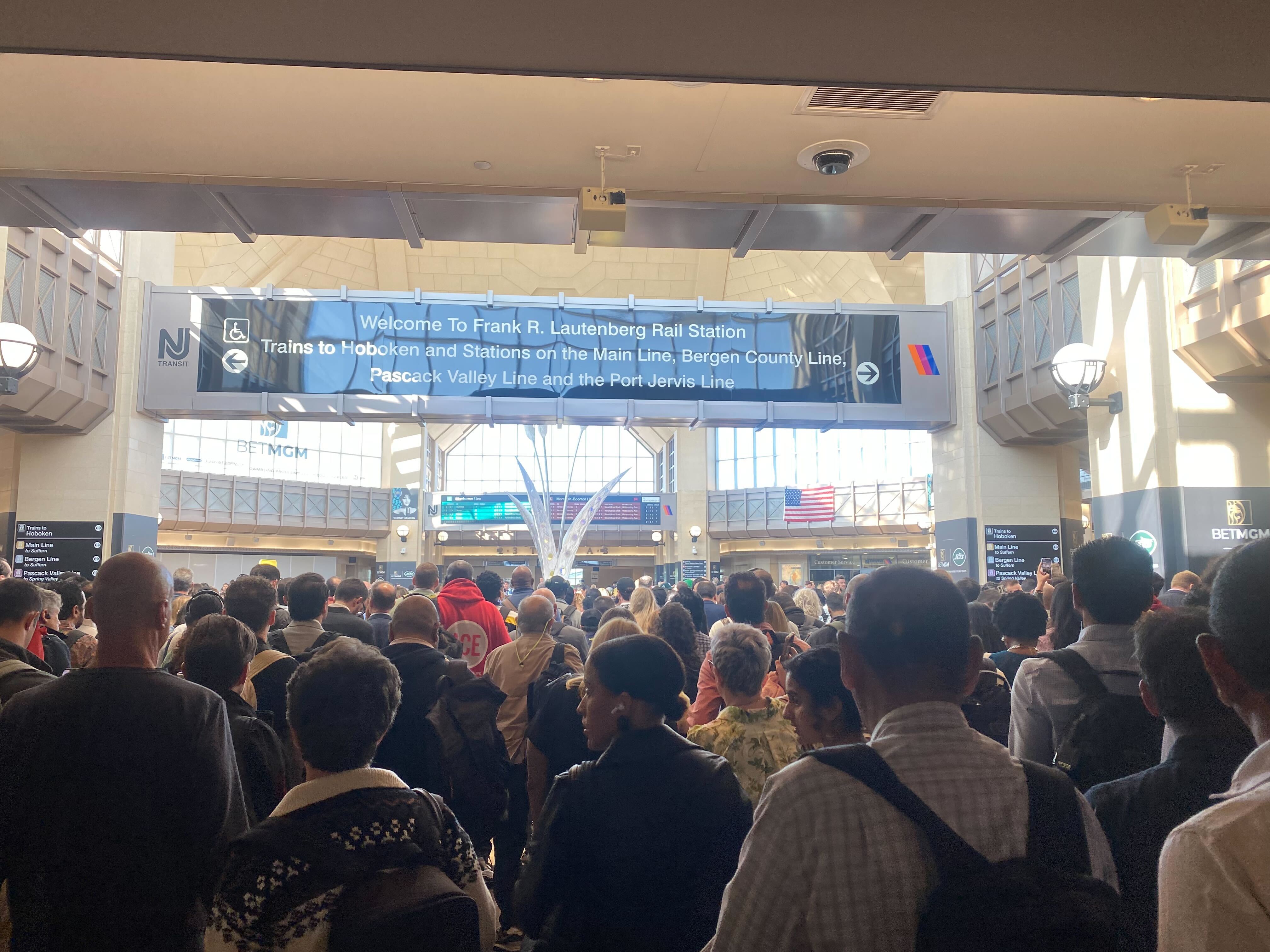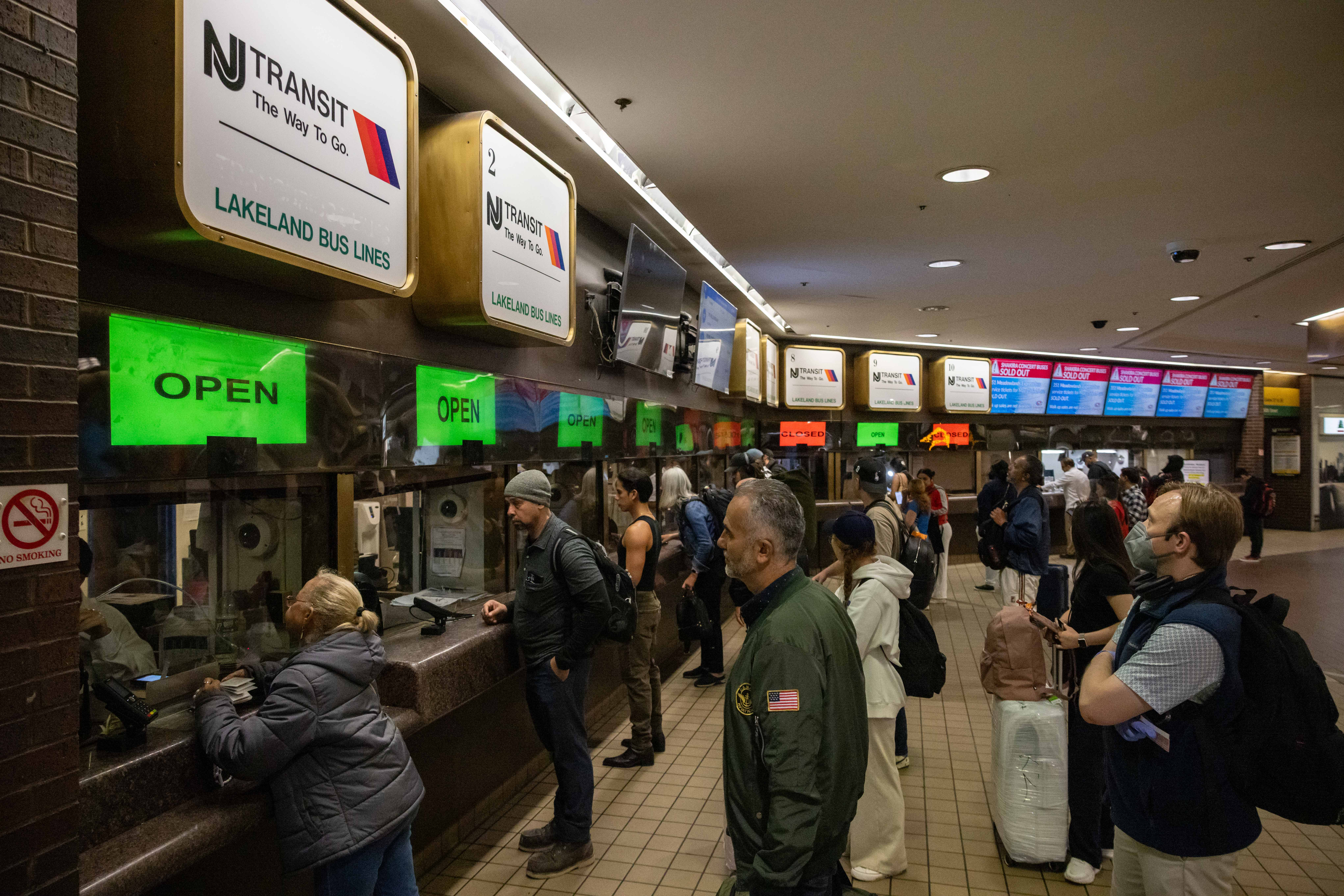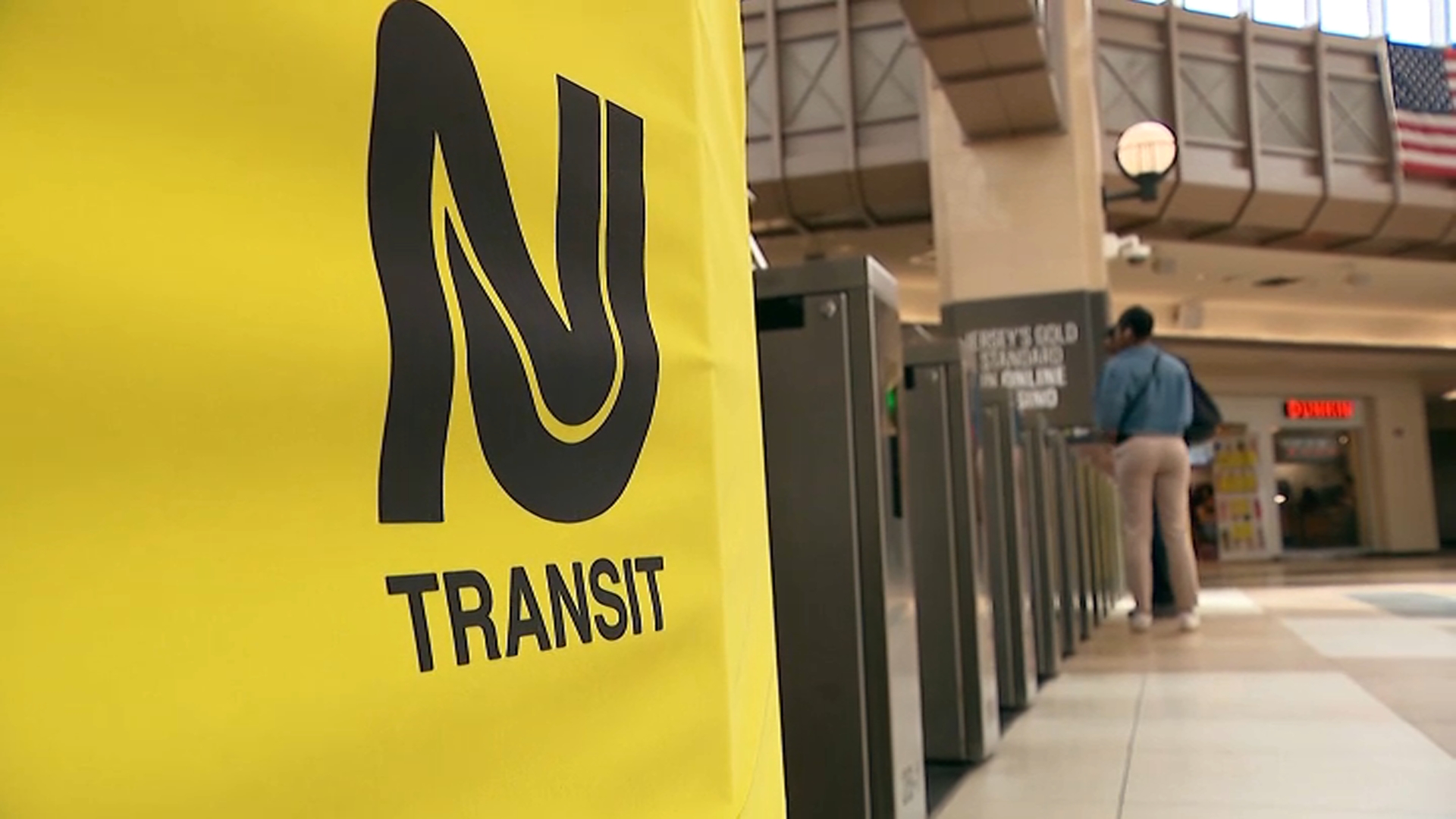NJ Transit Strike Imminent! 350K Riders Face Chaos
NJ Transit Strike Looms: 350,000 Riders Face Commute Chaos!
Brace Yourselves: NJ Transit Rail Strike Imminent
Imagine this: You're one of the 350,000 commuters who rely on NJ Transit to get to work in New Jersey and New York City. Suddenly, you wake up to the news that NJ Transit engineers might walk off the job early Friday. Talk about a wrench in the works! The potential strike threatens to throw the entire region into transportation turmoil, leaving hundreds of thousands scrambling for alternative routes. But what exactly is going on, and how will it impact you?
Understanding NJ Transit's Vital Role
NJ Transit — the nation’s third-largest transit system — isn't just another transportation option; it's a lifeline for countless residents. Operating buses and rail lines throughout the state, it facilitates nearly 1 million weekday trips, many of which funnel directly into the heart of New York City. Can you imagine New York City without that influx of commuters? It's like taking the wheels off a car.
The Threat: A Complete Rail Shutdown
A walkout isn't just a minor inconvenience; it’s a potential shutdown of all NJ Transit commuter trains. These trains provide essential public transit routes connecting NYC’s Penn Station to various communities in northern New Jersey. The strike would cripple these routes. It's like shutting down a major highway during rush hour - the ripple effect would be felt far and wide.
Airport Access in Jeopardy
The impact doesn't stop at daily commutes. Travelers trying to reach Newark Airport, which has already been dealing with its share of delays, would also be affected. The accessibility to Newark Liberty International Airport, a major hub for air travel, hangs in the balance. Can you imagine the stress of missing your flight because of a rail strike?
Wages: The Heart of the Dispute
So, what's causing this potential chaos? Wages are the primary sticking point in negotiations between NJ Transit and the Brotherhood of Locomotive Engineers and Trainmen. The union is advocating for fair compensation for its members. The negotiations have reached a critical juncture, with both sides seemingly entrenched in their positions. It's a high-stakes game of chicken, and commuters are caught in the middle.
Union's Perspective: Fair Compensation
The Brotherhood of Locomotive Engineers and Trainmen argues that its members, who earn an average salary of $113,000 a year, deserve better. They believe that an agreement is within reach if NJ Transit CEO Kris Kolluri would agree to their proposals. They emphasize the importance of recognizing the dedication and expertise of their members. Is it unreasonable for workers to fight for what they believe is fair compensation?
NJ Transit's Stance: Balancing Act
On the other side, NJ Transit is likely trying to balance the union's demands with its budgetary constraints and the need to maintain affordable fares for riders. The agency faces the challenge of ensuring financial sustainability while addressing the concerns of its workforce. It's a delicate balancing act. Where does one draw the line?
The Deadline Looms: Friday Morning
The clock is ticking. With the deadline set for early Friday morning, the pressure is mounting on both sides to reach an agreement. Commuters are holding their breath, hoping for a last-minute resolution. The tension is palpable. Will they reach a deal in time, or will the region face a transportation nightmare?
Possible Alternative Transportation Options
If the strike does occur, what are the alternatives? Here are a few ideas:
- Buses: NJ Transit buses will still be operating, but expect them to be severely overcrowded.
- Driving: Prepare for increased traffic congestion and parking difficulties.
- Ride-sharing services: Uber and Lyft could see surge pricing due to high demand.
- Ferries: Ferries across the Hudson River might offer some relief, but capacity is limited.
- Working Remotely: If possible, consider working from home to avoid the commute altogether.
The Impact on the Local Economy
A rail strike wouldn't just disrupt commutes; it could also have a significant impact on the local economy. Businesses that rely on commuters for their customers could see a decline in sales. The economic consequences could be far-reaching. It's not just about getting to work; it's about the livelihood of many businesses and individuals.
Historical Context: Past NJ Transit Strikes
A Look Back at Previous Labor Disputes
It's been decades since NJ Transit last faced a rail strike. Looking back at previous labor disputes can provide valuable insights into the potential duration and impact of a walkout. What lessons can we learn from the past?
Preparing for the Worst: Practical Tips
Planning Your Alternative Route
Whether you're a daily commuter or an occasional traveler, it's essential to have a backup plan. Familiarize yourself with alternative routes, transportation options, and potential delays. Hope for the best, but prepare for the worst!
Communication is Key
Stay informed about the latest developments in the negotiations. Follow news outlets, social media, and NJ Transit's official channels for updates. Knowledge is power! Being well-informed is crucial for making informed decisions about your commute.
The Role of State Government
Pressure on Governor Murphy
Governor Phil Murphy is under immense pressure to intervene and help broker a deal between NJ Transit and the union. His administration's involvement could be crucial in averting a strike. Will he step in and play a decisive role? What levers of power can he use?
Long-Term Implications
The Future of NJ Transit
Regardless of the outcome of these negotiations, the situation highlights the ongoing challenges facing NJ Transit, including funding, infrastructure, and labor relations. This could be a turning point that shapes the future of NJ transit for years to come. How can they solve this?
Conclusion: A Looming Crisis
The potential NJ Transit rail strike poses a serious threat to hundreds of thousands of commuters and the region's economy. The stakes are high, and the clock is ticking. As Friday morning approaches, the hope is that both sides will find common ground and avert a transportation disaster. But, only time will tell.
Frequently Asked Questions
- What happens if the NJ Transit engineers go on strike?
If the engineers strike, all NJ Transit commuter trains will be shut down, significantly impacting travel between New Jersey and New York City, and access to Newark Airport.
- What are my alternative transportation options during a strike?
Consider buses, driving (though expect increased traffic), ride-sharing services (beware of surge pricing), ferries, or working remotely if possible.
- How long could the NJ Transit strike last?
The duration of the strike is uncertain. Past strikes have varied in length, so it's impossible to predict how long this one might last. Stay tuned to the news for updates.
- What is the main issue in the negotiations?
The primary sticking point is wages. The union believes its members deserve better compensation, while NJ Transit must balance these demands with budgetary constraints.
- Where can I find updates on the negotiations?
Follow news outlets, social media, and NJ Transit's official channels for the latest information on the negotiations and any potential strike updates.


